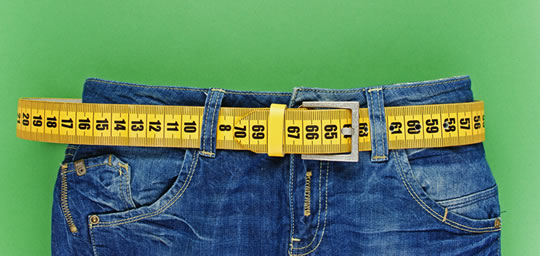This straightforward change to the household environment can help people eat fewer calories.
Messy environments create stress and that can lead people to eat more than they should, a new study finds.
Keeping the kitchen clean, though, leads people to eat less.
The study had stressed women in either:
- a messy kitchen with the phone ringing,
- or a quiet and clean kitchen.
The kitchen had bowls of cookies, crackers and carrots for them to eat.
Those waiting in the messy, noisy kitchen ate 65 more calories in 10 minutes.
Dr Lenny Vartanian, the study’s lead author, said:
“Being in a chaotic environment and feeling out of control is bad for diets.
It seems to lead people to think, ‘Everything else is out of control, so why shouldn’t I be?’
I suspect the same would hold with males.”
The study also compared the effects of being stressed with being relaxed.
Being stressed while waiting in the kitchen led women to eat an average of 100 calories more.
Professor Brian Wansink, a study co-author, said:
“Although meditation, as a way of feeling in control, might be one way to resist kitchen snacking for some, it’s probably easier just to keep our kitchens picked up and cleaned up.”
The study was published in the journal Environment and Behavior (Vartanian et al., 2016).
Weight loss image from Shutterstock

